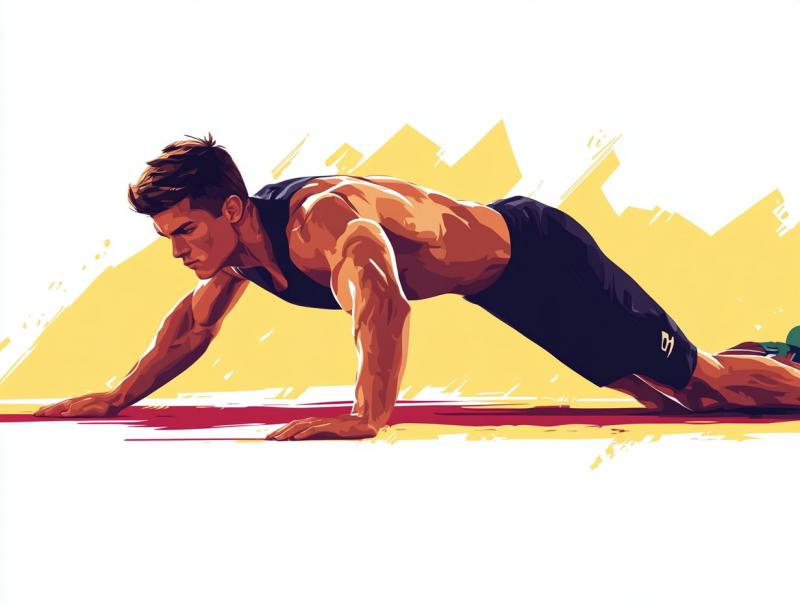Building muscle requires a positive energy balance, which means that you must take in more calories than you burn. You need roughly 2,800 calories to build a pound of muscle, largely to support protein turnover, which can be elevated with training. By following these eight tips, you’ll be able to build muscle mass more efficiently and quickly.
Your body can build at most around about 227g of muscle each week, so if you eat too many extra calories trying to build more muscle, you will gain excess fat, too. We would suggest consuming an extra 250 to 500 calories per day. If you gain fat easily, stay on the lower end of the range, and if you find it difficult to gain weight in general, aim for the higher end of the range. It will take a bit of trial and error to find the right amount of additional calories to build muscle and stay lean.
In addition, research suggests that consuming lean protein 15 to 20 minutes before, during and within one hour of working out may help improve muscle gain. Since you are probably not going to be eating a steak or chicken breast at the gym, a protein drink or supplement may be beneficial immediately before, during or after workouts, but is not necessary.
However, it’s not all about protein. It’s about eating many meals that meet your calorific expenditure and provide you with the nutrition as part of a healthy, balanced diet that will help you to build muscle, lose fat and get stronger. Here are eight simple tips to help you get on track…
1. Eat Breakfast to help build Muscle Mass
This gives you an immediate burst of energy and helps you to stay full until your next meal or snack. It also sets the trend: you’ll tend to eat healthier if your day starts with a strong and healthy breakfast. Your best bets if your trying to build muscle mass are omelettes, smoothies and cottage cheese.
2. Eat every three hours
Eating the right thing at the right time is crucial for helping you boost your muscle mass. The easiest way is to eat your breakfast, lunch and dinner as usual, interspersed with meals post workout, pre-bed and with two snacks in between. By keeping your food intake up, it will mean you won’t be as hungry, because eating smaller meals more often versus a few big meals will decrease your stomach size. You’ll feel full more quickly and your waist will trim, while you’ll also have fewer cravings. Not eating for long periods can cause you to over-eat at the next meal or topping yourself up with unhealthy snacks from the vending machine. So to stop any cravings, eat at fixed times every day and your body will get hungry at those fixed times.
3. Eat Protein with Each Meal to Boost Your Muscle Mass
You need protein to build and maintain muscle. To achieve this, you should be looking to eat at least 1g per 454g of body-weight. That’s 200g/day if you weigh 91kg. The easiest way to get this amount is to eat a whole protein source with each meal. These include:
• Red meat. Beef, pork, lamb, etc.
• Poultry. Chicken, turkey, duck, etc.
• Fish. Tuna, salmon, sardines, mackerel, etc.
• Eggs. Don’t believe the cholesterol myths. Eat the yolk.
• Dairy. Milk, cheese, cottage cheese, quark, yogurt, etc.
• Whey. Not necessary but great for easy post workout shakes.
• Try vegan options too, such as lentils, tofu, seeds and nuts.
4. Eat fruit and vegetables with each meal
Most of them (not all) are low calorie: you can eat your stomach full without gaining fat or weight. Fruit and vegetables are also full of vitamins, minerals, antioxidants and fibre which helps digestion, but just be careful to check the sugar content of some fruits.
5. Eat carbs only after your workout
While you need carbs for energy, most people eat more than they need. Limit your carbohydrate intake to after your workout only.
• Eat fruit and vegetables with all meals. These contain few carbohydrates compared to whole grains with the exception of corn, carrots and raisins.
• Another Carbs Post Workout Only. This is rice, pasta, bread, potatoes, quinoa, oats, etc. Avoid white carbs and eat whole grain.
6. Eat healthy fats
Healthy fats improve fat loss and health as they digest slowly. Make sure you balance your fat intake, eat healthy fats with every meal and avoid artificial trans-fats and margarine.
7. Drink water to help you build Muscle Mass
Strength training causes water loss through sweating which can impair muscle recovery and thus, it won’t help you increase your muscle mass. Drinking water prevents dehydration but also hunger since an empty stomach can make you think you’re hungry.
8. Eat Whole Foods 90% of The Time
To really get the results you want and to boost your muscle mass significantly, 90% of your food intake should consist of whole foods.
• Whole foods. These are unprocessed and unrefined (or little refined) foods that come as close as possible to their natural state. Examples: fresh meat, fish, poultry, eggs, vegetables, pulses, fruits, rice, oats, quinoa etc.
• Processed foods Usually contain added sugars, trans-fats, nitrates, corn syrup, sodium and more chemicals. Examples: bagels, fruit bars, cereals, pizza, cookies, sausages, frozen meals, supplements


